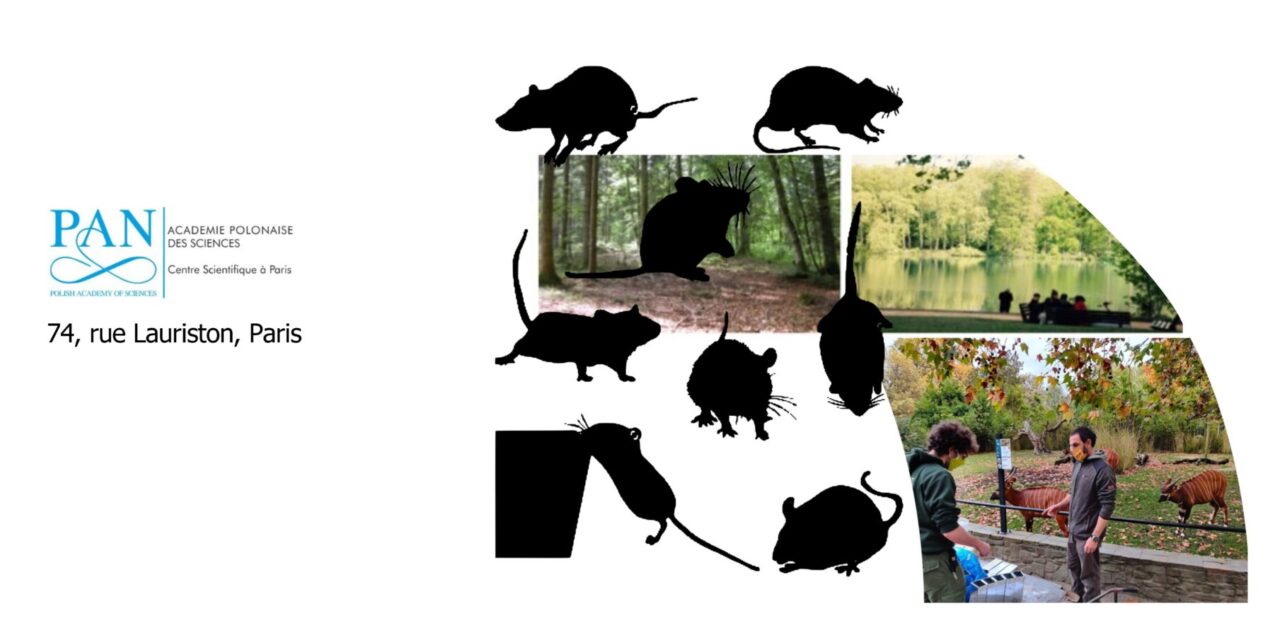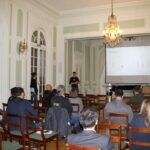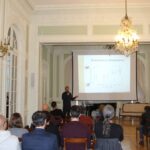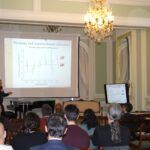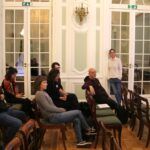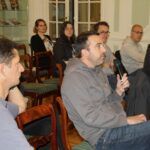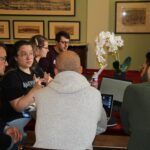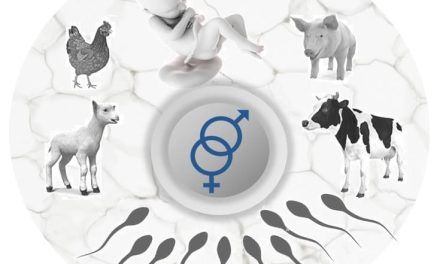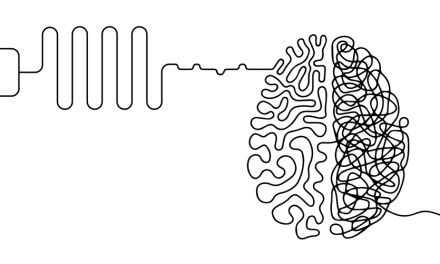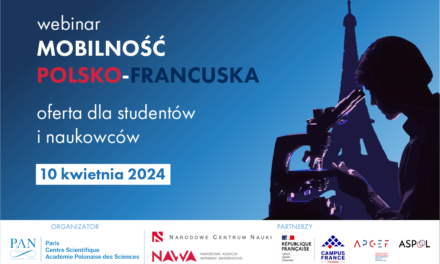Zoonotic diseases, caused by pathogens circulating among animals, now account for 75% of newly emerging infectious diseases. These pathogens used to be studied independently. Although they are not isolated, they interact and evolve within diverse commensal and pathogenic microbial communities. These interactions may strongly influence the severity of diseases and the epidemiological and evolutionary dynamics of infectious agents. Therefore, understanding these interactions is essential for establishing strategies for managing infectious diseases within the conceptual ‘EcoHealth – One Health’ approach.
Nowadays, high-throughput sequencing technologies make it possible to describe the biodiversity of microbial communities in an almost exhaustive manner. Nevertheless, these massive data pose analytical challenges, whether it be the detection of pathogen-pathogen or pathogen-commensal microbiome interactions or the modelling of interaction networks linking these microbial communities and their hosts.
On 15-16 November 2022, a scientific symposium was held at the Polish Academy of Sciences Scientific Center in Paris, which presented recently developed data analysis methods to address such analytical challenges. Data collected as part of the European Biodiversa-BioRodDis research project on European rodents, their pathogens and gut microbiome were analysed and compiled.
Date of the event: 15-16 November 2022
Place of the event: Polish Academy of Sciences Scientific Center in Paris (74, rue Lauriston)
Organising Committee:
Prof. Maciej Grzybek (Medical University of Gdańsk)
Dr Nathalie Charbonnel (INRAE)
Diana Kogaczewska (Polish Academy of Sciences Scientific Center in Paris)



